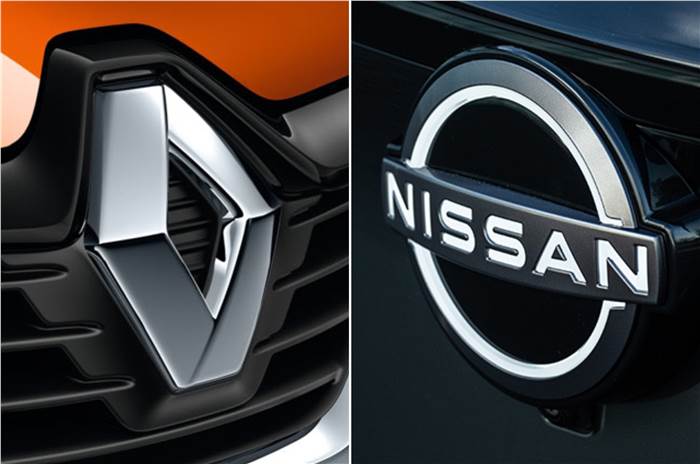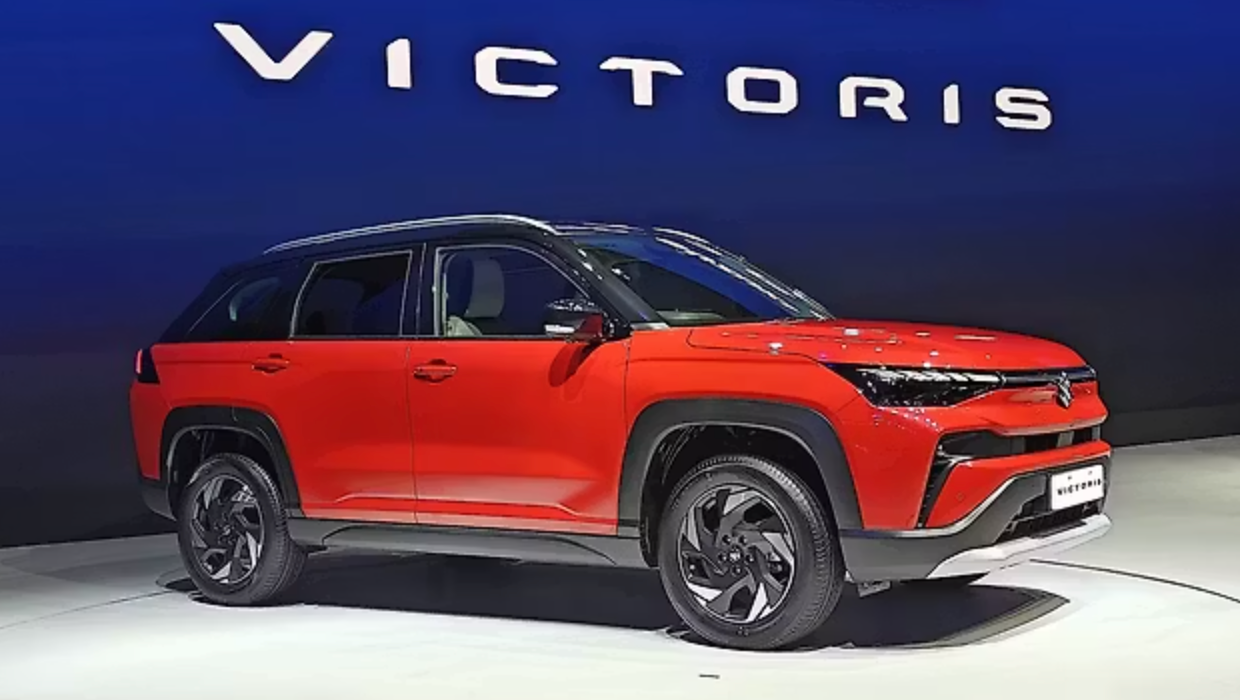Renault has announced a major shift in its partnership with Nissan, confirming that it will acquire Nissan’s entire 51 percent stake in their shared manufacturing facility in Chennai, Tamil Nadu. This move, set to be completed by the first half of 2025, is a significant step in Renault’s strategy to strengthen its presence in India, both in terms of domestic production and exports.
As the Renault-Nissan alliance undergoes this transformation, there are key questions about what this transaction means for both brands, the facility’s operations, and the future of their respective product lines in India. Here’s an in-depth look at the developments and what consumers can expect in the coming years.

Renault Acquires Full Ownership of Chennai Manufacturing Plant
In a move that consolidates Renault’s operations in India, the French automaker has confirmed that it will purchase Nissan’s 51 percent stake in their joint manufacturing facility. This facility, located in Chennai, Tamil Nadu, currently has an annual production capacity of 400,000 units, making it a critical asset for both companies.
Details of the Transaction
The Share Purchase Agreement (SPA) between Renault and Nissan will see Renault acquire the entire stake in the Chennai plant. This deal is expected to be concluded by mid-2025. Once the transaction is complete, Renault will be the sole owner of the manufacturing facility.
Why is Renault Taking Full Control?
Renault’s move to take 100 percent ownership of the Chennai plant is a clear indication of the company’s ambition to ramp up its operations in India. With this acquisition, Renault gains complete control over production processes, enabling it to better align its manufacturing strategies with market demands.
Owning the entire facility will also allow Renault to streamline production and expedite the introduction of new models in India, enhancing its ability to meet both domestic and export demands. The facility’s capacity of 400,000 units per year gives Renault a solid foundation to expand its operations and capture a larger share of the Indian automotive market.
Nissan’s Role in the Chennai Plant
What Happens to Nissan’s Operations?
Despite Renault acquiring full ownership of the plant, Nissan will continue to produce its cars at the same facility. The transition is unlikely to impact Nissan’s ongoing manufacturing operations. The plant, which currently produces vehicles for both Renault and Nissan, will continue to be the production hub for Nissan’s models in India.
Moreover, the Nissan-Renault Technology and Business Centre will remain unaffected by this transaction. Renault currently owns 51 percent of the center, while Nissan holds the remaining 49 percent. This joint venture is crucial for research and development activities, and both brands will continue to collaborate on future projects.
What Does This Mean for Renault’s Future in India?
Increased Expansion and Faster Product Rollout
The full acquisition of the Chennai plant will enable Renault India to move ahead with an aggressive expansion strategy. This move is expected to facilitate the faster production of updated versions of existing models and new product launches.
Domestic and Export Growth
With Renault now in full control of the plant, the company can scale its operations more efficiently, particularly in the areas of domestic production and export markets. India’s automotive industry remains a key growth market for Renault, and having full control of the production facility will streamline their operations and increase output for both domestic and international sales.
Upcoming Models from Renault and Nissan
The two automakers are not only making moves in their manufacturing operations but are also gearing up for exciting new products. Here’s what we can expect from both brands in the near future.
Renault’s New Product Lineup
Renault is planning to introduce updated versions of the Kiger and Triber models later this year. Both models have received considerable attention in the Indian market, and their refreshed versions are expected to make a splash.
Additionally, Renault is working on the Duster SUV, which will return in an all-new avatar, potentially along with a 7-seater version. The Duster, which has been a staple in the compact SUV segment, is expected to be a key player for Renault as it looks to reclaim a larger share of the Indian SUV market.
Nissan’s Plans for the Future
Nissan is also focusing on its future product lineup in India. The Japanese automaker is working on an entry-level MPV that will be based on the Triber’s architecture, offering a budget-friendly yet feature-rich option for Indian consumers. This new MPV is expected to be launched later this year.
In addition, Nissan is planning to re-enter the compact and midsize SUV market with the Terrano SUV, a model that will compete with the likes of the Hyundai Creta and Maruti Grand Vitara. This model is also expected to have a 7-seater version, providing more options for consumers looking for family-oriented SUVs.
Impact on the Indian Auto Market
Stronger Market Position for Renault and Nissan
This shift in ownership and the subsequent product launches will likely enhance Renault and Nissan’s competitiveness in the Indian automotive market. With growing demand for compact SUVs and MPVs in India, the new models from both automakers are poised to fill gaps in the market and cater to the evolving needs of Indian consumers.
Moreover, this move could lead to greater operational efficiency and cost-effectiveness, as Renault takes full control of the production process and drives innovation in the design and manufacturing of its vehicles.
FAQs
1. What does Renault’s acquisition of Nissan’s stake in the Chennai plant mean for Nissan?
Nissan will continue to manufacture its cars at the Chennai plant despite Renault’s full ownership. The plant’s operations for Nissan will remain unaffected.
2. What new models can we expect from Renault and Nissan in India?
Renault will introduce updated versions of the Kiger and Triber, as well as a new Duster SUV. Nissan will focus on an entry-level MPV and a reworked Terrano SUV.
3. When will Renault’s acquisition of the Chennai plant be completed?
The transaction is expected to be completed by the first half of 2025.
4. Will Renault’s full control of the Chennai plant affect car production in India?
No, production will continue as usual, but Renault will have more control over manufacturing, which could lead to increased efficiency and faster production timelines.
5. How will this acquisition affect Renault’s growth in India?
By taking full ownership of the plant, Renault is positioned to scale its operations more efficiently, allowing for faster production and a more aggressive market expansion strategy.




